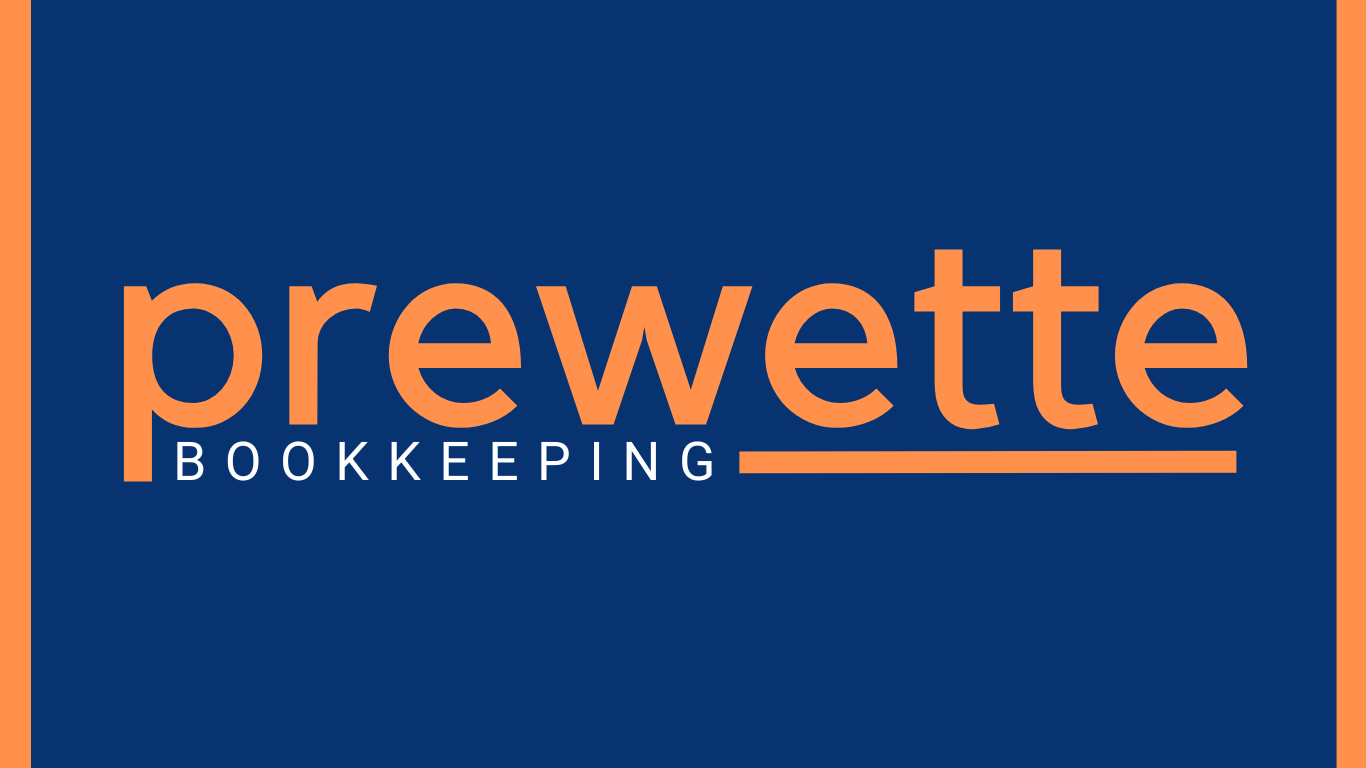Say Goodbye to Financial Stress
Let me handle the numbers.
You didn’t launch your nonprofit or start your small business to get buried in spreadsheets and bank statements; you did it to make an impact. However, managing finances and staying compliant can quickly drain your time and energy.
At Prewette Bookkeeping, I specialize in helping purpose-driven organizations like yours gain clarity and confidence with finances. With my professional, dependable support, you’ll always know where your money’s going, without having to manage it all yourself.
I can help by providing accurate and timely bookkeeping that keeps you audit-ready and stress-free all year long, customized financial reports that give you insight to make better decisions, and ongoing support so you’re never left guessing about your numbers.
You stay focused on your mission; I’ll take care of the books.

Mission Statement
Prewette Bookkeeping’s mission is to empower nonprofits and small businesses by providing accurate, timely, and customized bookkeeping/accounting advisory services through personalized support, experienced guidance, and reliable communication.
I aim to build long-term partnerships that foster financial stability and achieve
long-term success, and I am dedicated to partnering with my clients and enabling
them to focus on their core mission and desired outcomes.
What I Offer

New Business Consultation
Helping you answer some accounting questions you didn't know you needed to ask

Clean Up/Catch Up
Getting your books spiffy, caught up to
the current month, and cleaned up of any gremlins (errors/issues)

Ongoing Services
Providing clear, accurate, and timely bookkeeping and accounting advisory services on a monthly basis
How It Works

1. Schedule a Chat
We’ll schedule a Clarity Call, which is a free 30-minute consultation for us to discuss your business, financial goals, and any current bookkeeping challenges you’re facing. It’s a chance for us to get to know each other and gain clarity on if we'd be a good fit to work together.
2. Consider the Proposal
Whether it is for a one-time project
(like cleaning up your books)
or for on-going monthly services,
I'll take a minute to put together
a proposal. We'll connect again
soon for me to share with you
my proposal.
3. Enjoy Peace & Clarity
After accepting the proposal, we'll go through an onboarding process to discuss expectations and logistics of how we’ll work together. I'll start doing my bookkeeping thing, then you get to enjoy the peace of mind and confidence of running your organization with financial clarity.

WHY CHOOSE PREWETTE BOOKKEEPING?
Financial Records You Can Trust
With my keen attention to detail and my 20 years of bookkeeping experience, you can trust that you are receiving accurate financials.

Dedicated Client Support
You can expect timely responses and availability to my clients when you work with me.

Confidential and Secure
I utilize a secure platform that allows us to share sensitive information (like passwords, reports, receipts, organization documents, etc.) and communicate about finances. Each of my clients has their own unique log-in to my secure portal.
Prewette Bookkeeping is a firm that offers virtual bookkeeping and accounting advisory
services to nonprofit organizations and small businesses from my home office in
Columbia, Missouri. With the convenience of online banking and QuickBooks Online,
I serve clients throughout the U.S. as well as here in Mid-Missouri.

Frequently Asked Questions
-
1. Is QuickBooks Online the only software that you work with?
Being a Certified QuickBooks Online ProAdvisor means I have a level of familiarity and expertise with QBO. However, while I am most comfortable with that platform, I also work in Wave accounting software.
-
2. What's the difference between a bookkeeper and a CPA?
A bookkeeper records and classifies daily financial transactions (such as payroll, sales/service income, and bill payments), reconciles accounts against bank/credit card statements, and generates financial statements for management to review. A bookkeeper can also help with certain accounting advisory services (see my services page). A CPA is more than capable of this, but many CPAs typically specialize in the preparation and filing of taxes and can also perform a company audit. Both are important to running a business/organization.
-
3. Do you do taxes?
No, taxes make my stomach hurt. However, I am happy to refer you to a good tax preparer as I know numerous qualified tax folks.
-
4. Do I need a bookkeeper and a tax preparer?
This is a question every business owner should decide for themselves. It is my recommendation that you have someone (you/me/someone else) managing your bookkeeping and then a completely separate person preparing/filing the taxes. It's good to have another set of eyes on your finances on a regular basis, and many tax preparers focus more on tax work than on the monthly bookkeeping side.
Client Reviews
Edit Google Reviews Widget
Edit Google Reviews Widget
Prewette Bookkeeping Recent Blog Posts







